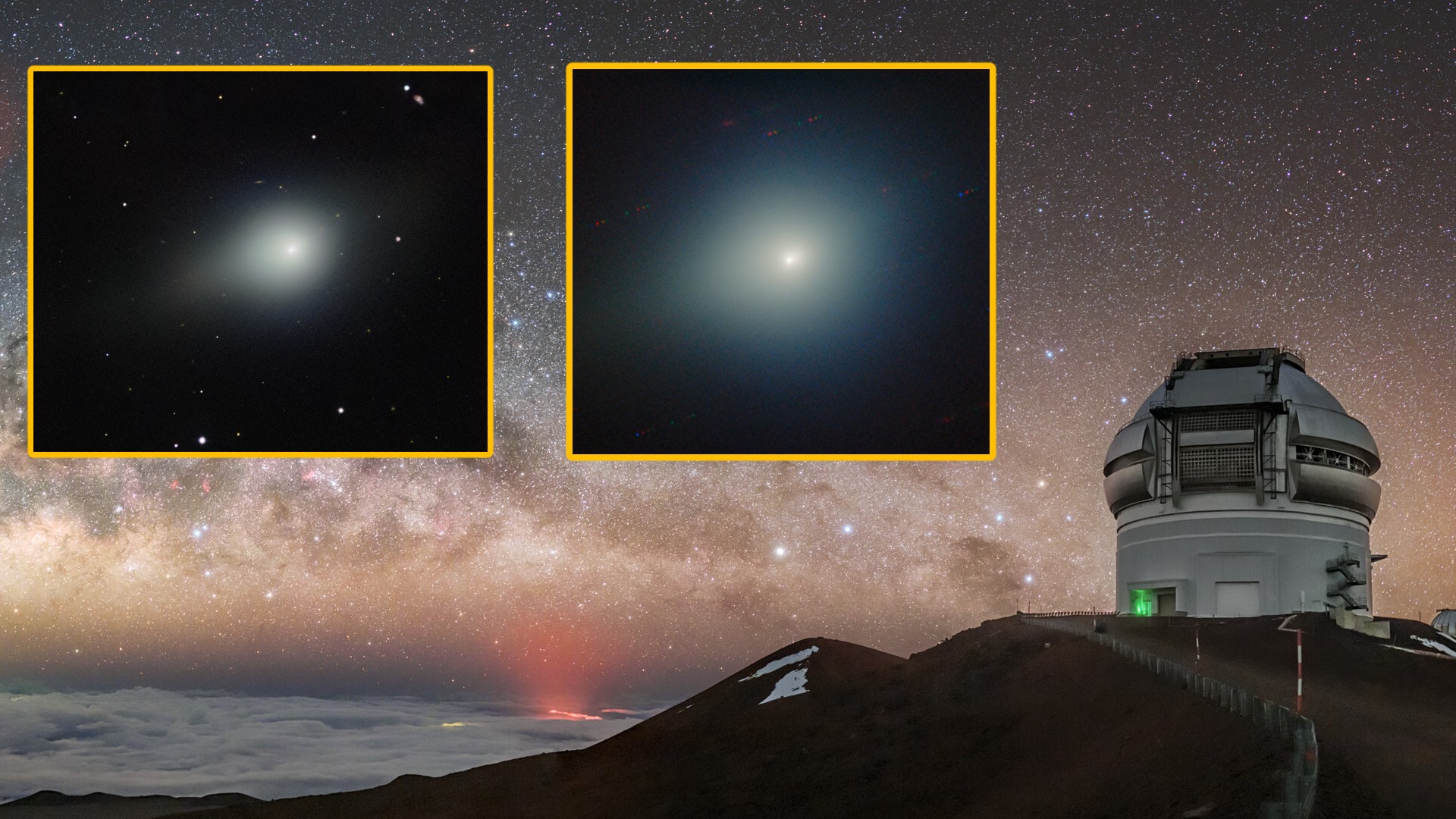Scientists Determine Which Species to Save
Earth may be in the midst of a sixth mass extinction event due to our impact on the planet, scientists have said, and the upshot could mean nearly 50 percent of all plant and animal species will disappear in the coming decades.
Rather than try to save them all, biologists are now trying to figure out which species are most crucial. The answer is to conserve those with the greatest genetic diversity, researchers report this week in the journal Proceedings of the National Academy of Sciences.
"Given that we are losing species from ecosystems around the world, we need to know which species matter the most — and which we should pour our resources into protecting," said researcher Marc W. Cadotte of UC Santa Barbara.
"The current extinction event is due to human activity, paving the planet, creating pollution, many of the things that we are doing today," said Cadotte's colleague Bradley J. Cardinale, assistant professor of ecology, evolution and marine biology at UCSB. "The Earth might well lose half of its species in our lifetime. We want to know which ones deserve the highest priority for conservation."
The last extinction as bad as this one came 65 million years ago, when an asteroid — and probably other events — wiped out the large dinosaurs and many other species, including many plants.
To determine which species are most crucial to conservation, the researchers reviewed 40 other studies on grassland ecosystems around the world. Cadotte and Cardinale reconstructed the evolutionary history among 177 flowering plants used in these studies by comparing the genetic makeup of the plants. They found that some species are more critical than others in preserving the functions of ecosystems and that these species tend to be those that are genetically unique.
"Losing a very unique species may be worse than losing one with a close relative in the community," said fellow researcher Todd Oakley. "The more evolutionary history that is represented in a plant community, the more productive it is."
Get the world’s most fascinating discoveries delivered straight to your inbox.



